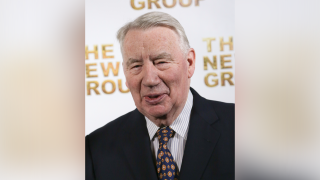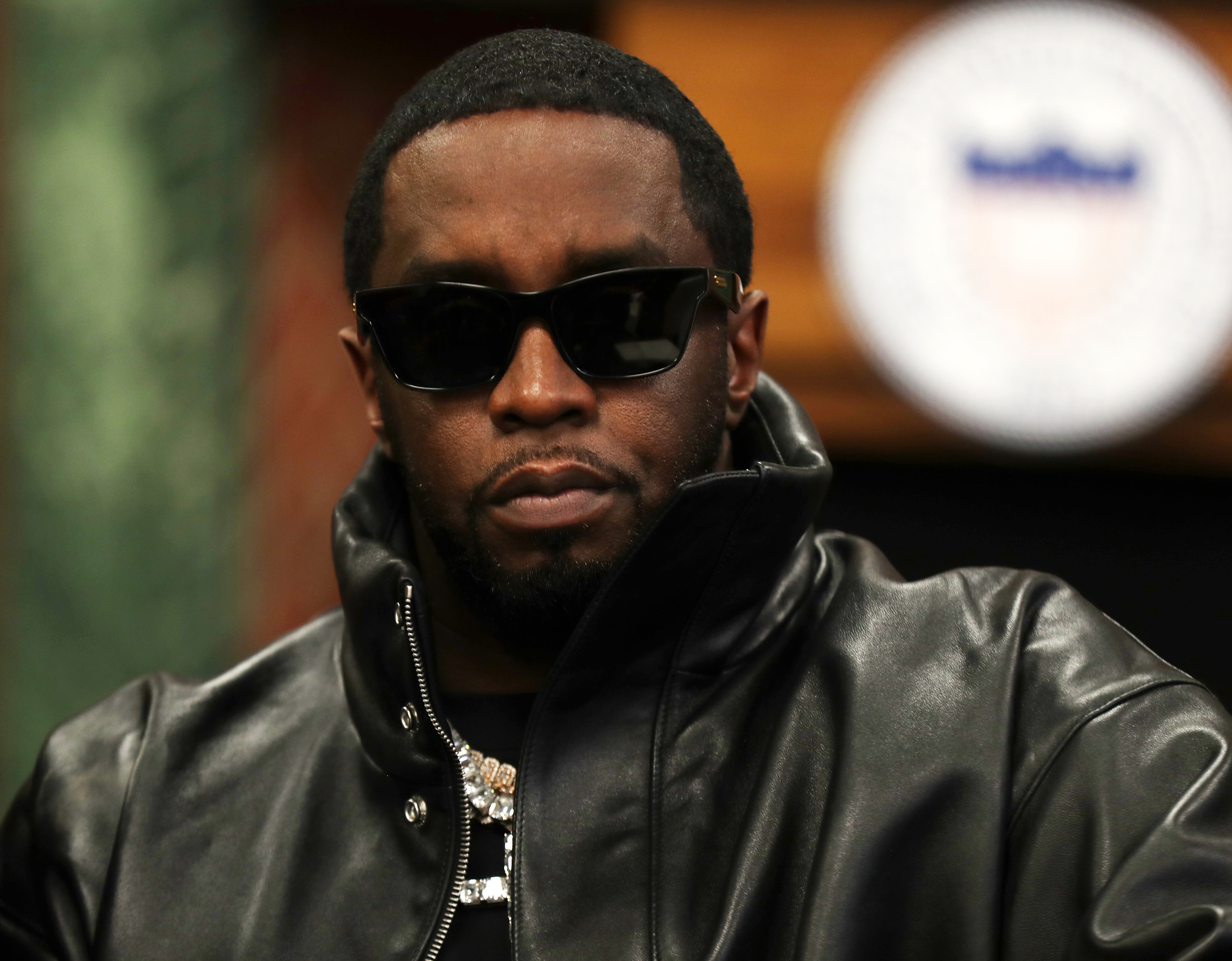
Robert MacNeil, who created the even-handed, no-frills PBS newscast “The MacNeil-Lehrer NewsHour” in the 1970s and co-anchored the show with his late partner, Jim Lehrer, for two decades, died on Friday. He was 93.
MacNeil died of natural causes at New York-Presbyterian Hospital, according to his daughter, Alison MacNeil.
MacNeil first gained prominence for his coverage of the Senate Watergate hearings for the public broadcasting service and began his half-hour “Robert MacNeil Report” on PBS in 1975 with his friend Lehrer as Washington correspondent.
The broadcast became the “MacNeil-Lehrer Report” and then, in 1983, was expanded to an hour and renamed the “MacNeil-Lehrer NewsHour.” The nation's first one-hour evening news broadcast, and recipient of several Emmy and Peabody awards, it remains on the air today with Geoff Bennett and Amna Nawaz as anchors.
Get top local stories in Southern California delivered to you every morning. Sign up for NBC LA's News Headlines newsletter.
It was MacNeil’s and Lehrer’s disenchantment with the style and content of rival news programs on ABC, CBS and NBC that led to the program’s creation.
“We don’t need to SELL the news,” MacNeil told the Chicago Tribune in 1983. “The networks hype the news to make it seem vital, important. What’s missing (in 22 minutes) is context, sometimes balance, and a consideration of questions that are raised by certain events.”
MacNeil left anchoring duties at “NewsHour” after two decades in 1995 to write full time. Lehrer took over the newscast alone, and he remained there until 2009. Lehrer died in 2020.
Entertainment News
When MacNeil visited the show in October 2005 to commemorate its 30th anniversary, he reminisced about how their newscast started in the days before cable television.
“It was a way to do something that seemed to be needed journalistically and yet was different from what the commercial network news (programs) were doing,” he said.
MacNeil wrote several books, including two memoirs “The Right Place at the Right Time” and the best seller “Wordstruck,” and the novels “Burden of Desire” and “The Voyage.”
“Writing is much more personal. It is not collaborative in the way that television must be,” MacNeil told The Associated Press in 1995. “But when you’re sitting down writing a novel, it’s just you: Here’s what I think, here’s what I want to do. And it’s me.”
MacNeil also created the Emmy-winning 1986 series “The Story of English,” with the MacNeil-Lehrer production company, and was co-author of the companion book of the same name.
Another book on language that he co-wrote, “Do You Speak American?,” was adapted into a PBS documentary in 2005.
In 2007, he served as host of “America at a Crossroads,” a six-night PBS package exploring challenges confronting the United States in a post-9/11 world.
Six years before the 9/11 attacks, discussing sensationalism and frivolity in the news business, he had said: “If something really serious did happen to the nation — a stock market crash like 1929, ... the equivalent of a Pearl Harbor — wouldn’t the news get very serious again? Wouldn’t people run from `Hard Copy’ and titillation?”
“Of course you would. You’d have to know what was going on.”
That was the case — for a while.
Born in Montreal in 1931, MacNeil was raised in Halifax, Nova Scotia, and graduated from Carleton University in Ottawa in 1955 before moving to London where he began his journalism career with Reuters. He switched to TV news in 1960, taking a job with NBC in London as a foreign correspondent.
In 1963, MacNeil was transferred to NBC’s Washington bureau, where he reported on Civil Rights and the White House. He covered the assassination of President John F. Kennedy in Dallas and spent most of 1964 following the presidential campaign between Kennedy’s successor, Lyndon Johnson, and Republican Barry Goldwater.
In 1965, MacNeil became the New York anchor of the first half-hour weekend network news broadcast, “The Scherer-MacNeil Report” on NBC. While in New York, he also anchored local newscasts and several NBC news documentaries, including “The Big Ear” and “The Right to Bear Arms.”
MacNeil returned to London in 1967 as a reporter for the British Broadcasting Corp.’s “Panorama” series. While with the BBC, be covered such U.S. stories as the clash between anti-war demonstrators and the Chicago police at the 1968 Democratic Convention, and the funerals of the Rev. Martin Luther King Jr., Sen. Robert Kennedy and President Dwight Eisenhower.
In 1971, MacNeil left the BBC to become a senior correspondent for PBS, where he teamed up with Lehrer to co-anchor public television’s Emmy-winning coverage of the Senate Watergate hearings in 1973.
___
Associated Press media writer David Bauder in New York contributed to this report.



